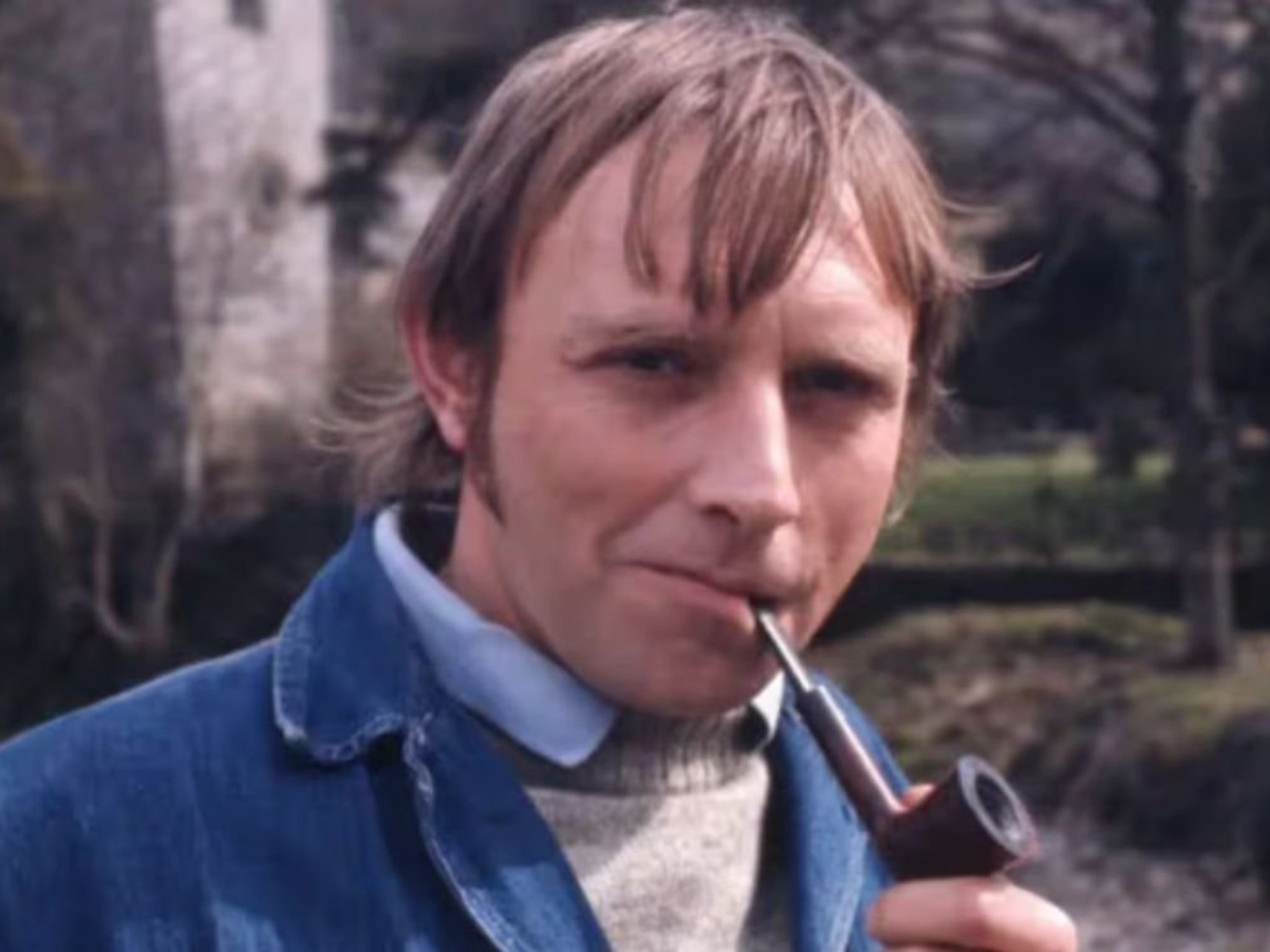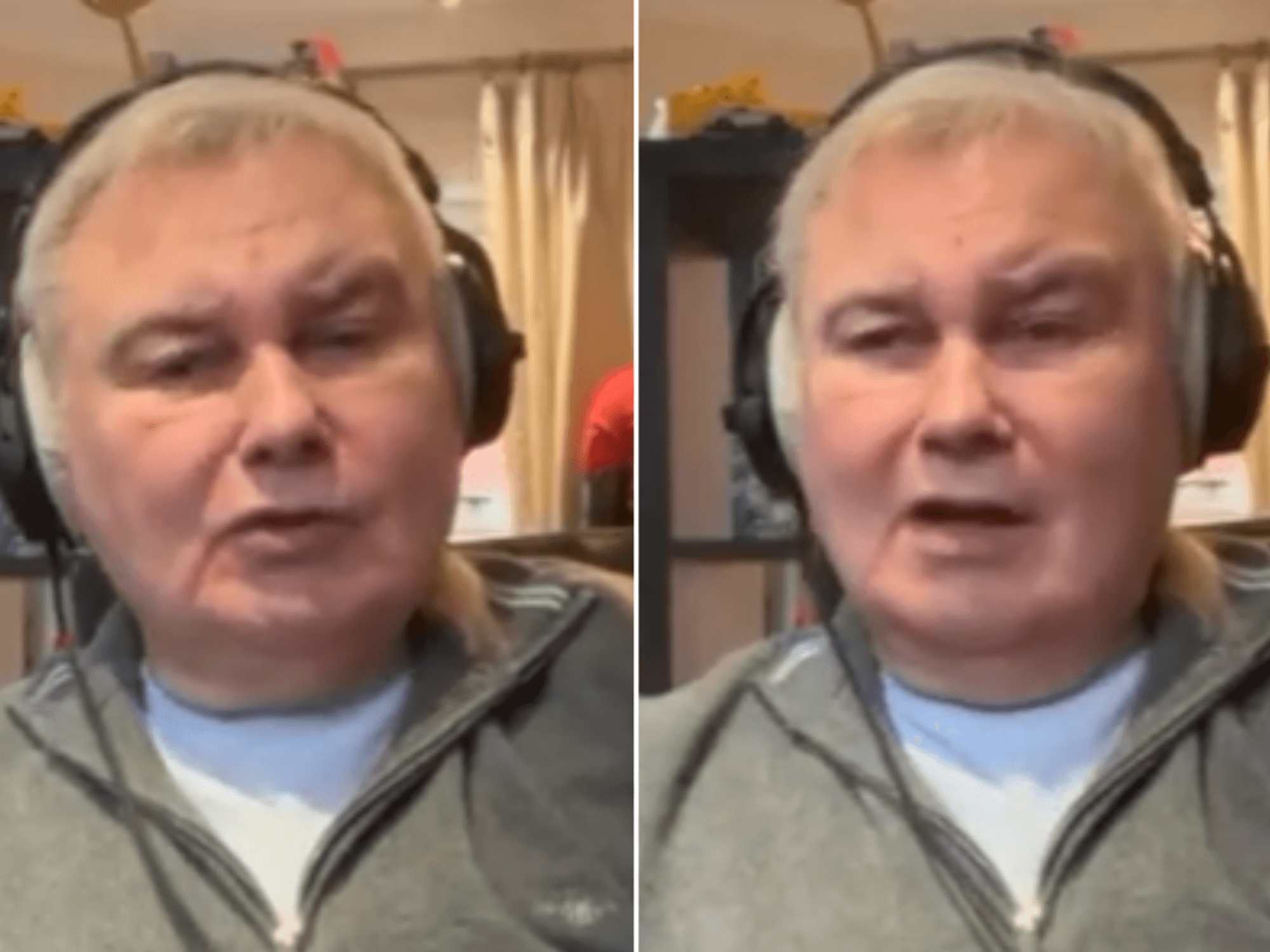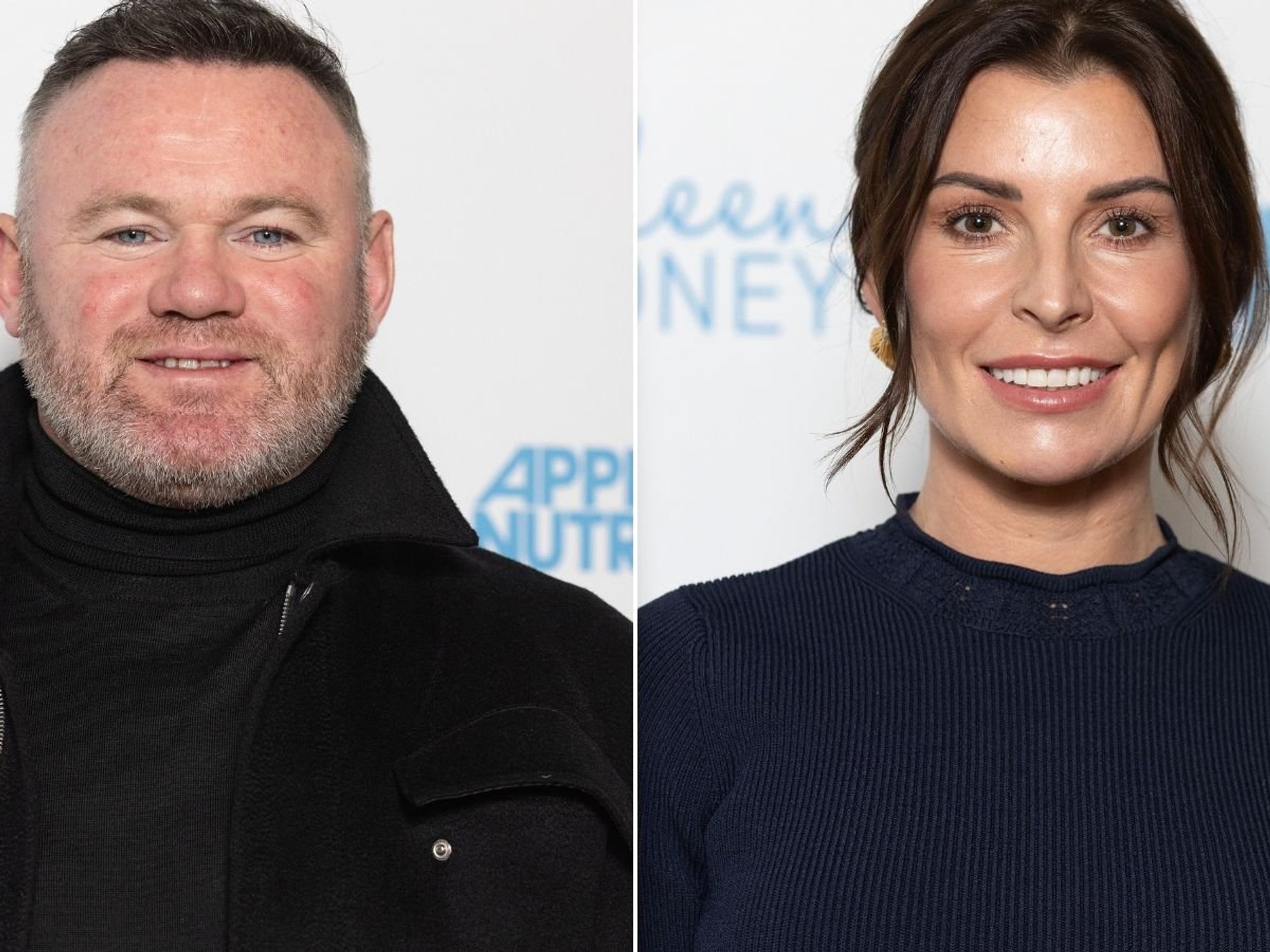Amazon and Netflix want more money than ever before, is streaming now just a HUGE rip-off?
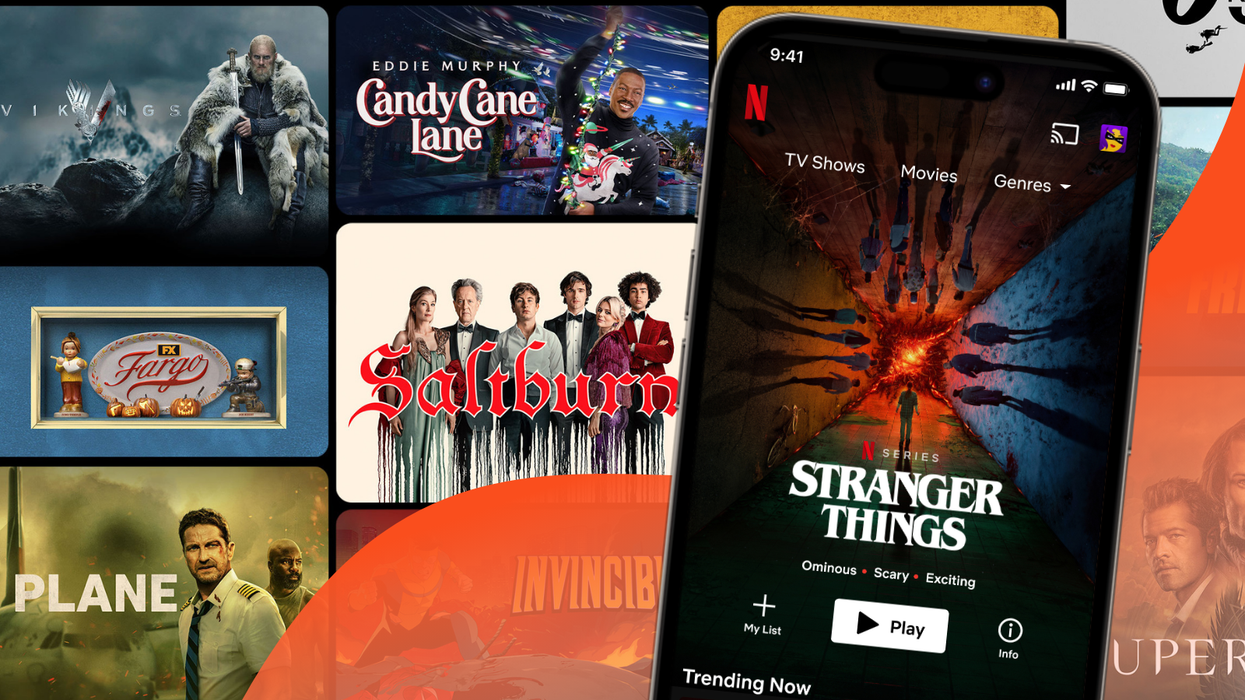
Streaming your favourite boxsets has never been more expensive or packed with adverts
|NETFLIX PRESS OFFICE | PRIME VIDEO | GBN

Credits have rolled on many of the best aspects of streamers like Netflix and Prime Video
Don't Miss
Most Read
Mark your diaries — this was the week we waved goodbye to the best days of video streaming.
When subscriptions like Netflix, Prime Video and Disney+ launched in the UK, they promised to fix the biggest headaches with the traditional paid-TV packages they hoped to replace.
So, while Sky TV forced you to sign up for a minimum of 18 months to unlock its popular satellite channels, Netflix let you walk away at any time. Instead of enduring ad breaks on the channels that you paid to watch on Virgin Media’s cable TV box, Prime Video was completely ad-free. And while Sky placed restrictions on the number of people who could share a Sky Go login to watch remotely, Netflix proudly declared that password-sharing was “a positive thing” for its service.
A lot has changed since then.
Following the introduction of adverts to Prime Video yesterday, all three of the biggest streaming services now include ad breaks before your favourite shows, documentaries, and movies.
Amazon has taken a very different approach to the competition. While Disney+ and Netflix introduced new cheaper plans to tempt people to start watching adverts, Amazon has started to air ad breaks to existing Prime Video subscribers without any change to the subscription cost.
It means Prime Video is now the most expensive ad-supported subscription available in the UK.
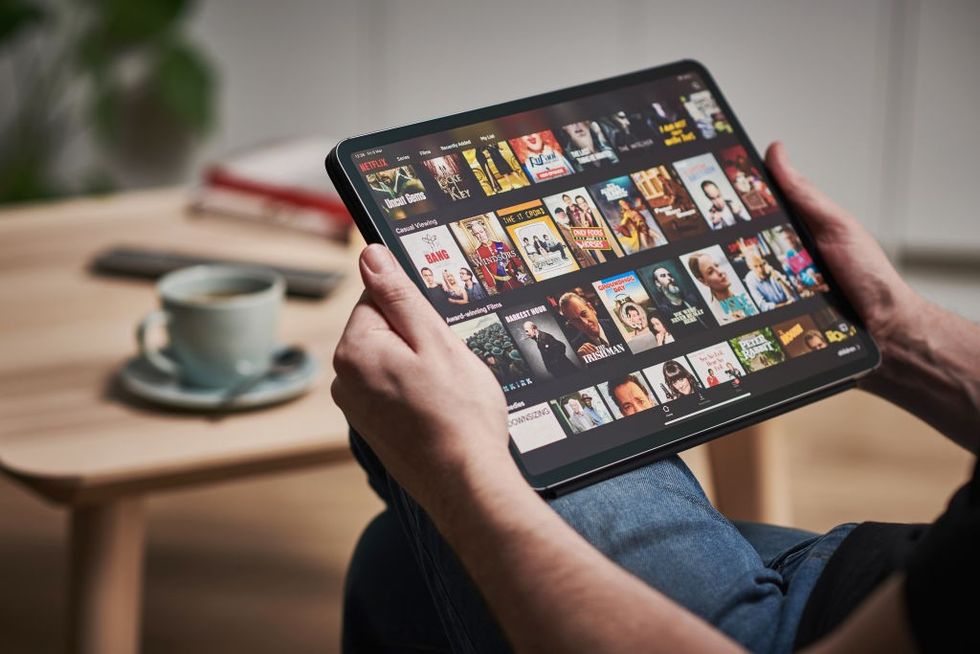
Netflix has made a number of seismic changes in the 12 years since it launched in the UK
| GETTY IMAGESDisney+ and Netflix charge £4.99 per month for an ad-supported plan that includes 1080p HD picture quality and the ability to watch on two devices simultaneously. Prime Video costs £5.99 per month, although that does come with 4K Ultra HD picture quality and three simultaneous streams.
And it’s not just the arrival of adverts that’s changed.
Few of the disruptive elements that made these streamers stand out from the likes of Sky and Virgin Media when they launched have endured. Netflix and Disney+ have scrapped their free trials, while both have pledged to block viewers from sharing passwords with friends and family.
Even the ability to “binge-watch” all episodes in a single sitting — a trend spearheaded by Netflix with its first original series, House of Cards — isn't going to be around for the sequel.
Yes, the Californian streamer has started to slow the release of its biggest shows in a bid to keep viewers subscribed for multiple months.
The latest seasons of The Crown and Stranger Things were split into two, a trend that Netflix has confirmed will continue with Bridgerton in the coming months. Disney+ rarely drops all episodes at once, preferring to release new episodes weekly like a traditional broadcaster. Amazon also releases its most expensive shows, like The Grand Tour and Lord Of The Rings: The Rings Of Power, weekly.
So, what’s caused this shift? In a word: money.
After years of explosive growth adding millions of new subscribers and expanding into new countries, Netflix confirmed that it had lost customers in the first half of 2022 — causing its share price to freefall.
One year later, Disney+ announced that it had a total of 150 million subscribers worldwide ...but despite that dizzying number, the streaming business lost $387 million in the fourth quarter.
Both companies are searching for new ways to make streaming video a profitable and sustainable business. That’s made more difficult because of the ever-rising costs of launching hit shows. Amazon spent a purported $465 million to film just eight episodes of its Lord Of The Rings prequel series, while Netflix has confirmed plans to spend $17 billion on original content in the next 12 months.
Hollywood studios who happily licenced their most popular shows and movies to streamers like Netflix in the early days have now seen the mind-boggling valuation achieved by these firms and want a slice of the action. We’ve seen a flood of new competition, like Paramount+, Lionsgate+, MGM+, and Peacock, to name just a few, each desperate for a must-see show that gets you to sign-up for another monthly subscription — and pulling proven hits from the Netflix catalogue to do it.
We're never going to see a return to the early days of streaming. Adverts are here to stay and password-sharing with your friends is a thing of the past.
But some of the disruptive changes have endured. Netflix’s one-month rolling contracts have been adopted by traditional paid-TV providers like Sky and Virgin Media with new broadband-powered set-top boxes. Sky has also poured money into original programming from new creators, releasing many of its biggest boxsets in one go so viewers can binge-watch every episode.
And if you’re looking for the last streamer still offering the experience that Netflix viewers enjoyed throughout the 2010s, look no further than Apple TV+, which still has a 7-day free trial and no ad breaks.








